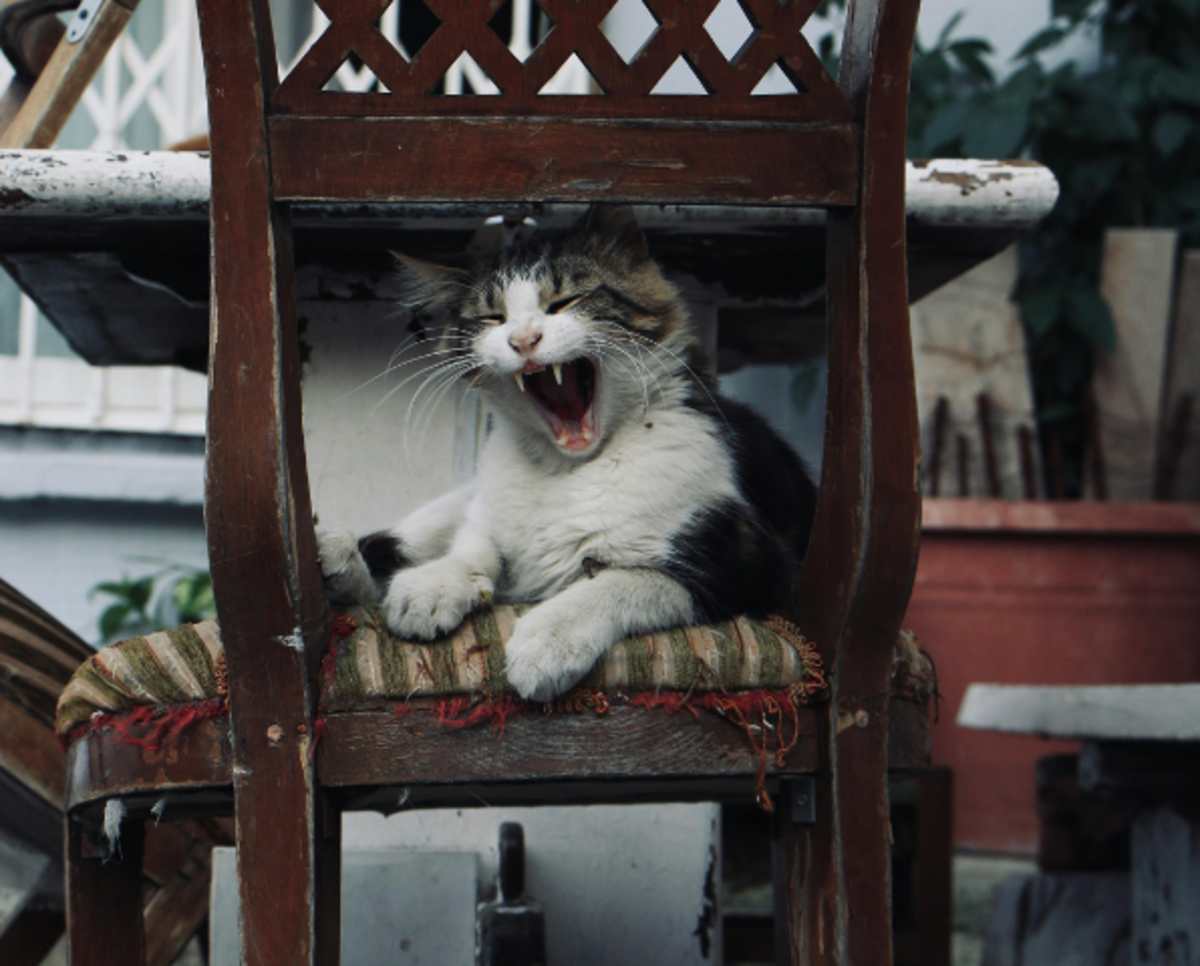Think your cat is saying ‘thank you’ when it meows loudly as you grab its food? Vet says it’s actually selfish and self-serving

Cats have long been one of humans’ favorite companions, admired for their charm, independence, and quirky personalities. Many cat owners enjoy the little noises their pets make, interpreting them as expressions of love or gratitude. But these small sounds have now taken on new meaning for cat lovers after experts weighed in on why our furry friends meow during mealtimes. While it may seem that cats are politely saying 'thank you' when they see food, the reality is more complicated and far from purely sweet.

As reported by Kinship on November 11, 2025, certified cat behaviorists Stephen Quandt and Joey Lusvardi, along with veterinarians Dr. Liza Cahn and Dr. Geri Katz, explained that cats meow at humans for specific reasons that are largely self-serving. Dr. Katz noted that while cats communicate with each other through body language and gestures, they have learned that vocalizing is much more effective with people. “Meowing is their surefire way of ensuring that they will get their needs met,” she said. Dr. Cahn added that domestic cats retain the behavior kittens use to solicit care from their mothers, often applying it to humans to get attention or food.
Experts explained that this behavior is both instinctive and learned. Quandt highlighted that cats are born with the ability to vocalize, and using meows strategically is learned over time. Lusvardi noted that cats quickly associate meowing with being fed and will repeat the behavior because it works. This often leads to what owners see as persistent or excessive mealtime meows.

Veterinarians also offered practical advice for cat owners looking to reduce noisy mealtimes. Dr. Cahn suggested that automatic feeders, regular meal schedules, and interactive feeding toys can help manage excessive meowing. Lusvardi recommended breaking meals into multiple smaller feedings throughout the day to reduce hunger-driven vocalization. Dr. Katz emphasized the importance of monitoring a cat’s nutrition and health, as excessive meowing can sometimes indicate underfeeding or medical issues like diabetes or hyperthyroidism. She stressed that cats may vocalize in frustration if food isn’t absorbed properly or if they experience oral pain. She added, “If they meow for the food and then walk away, this may be a sign that they are in pain, particularly in their mouths."

Despite the self-serving nature of most meows, there are moments that cat owners can interpret as genuine affection. Lusvardi said that meowing can sometimes reflect a friendly, positive connection, while Quandt mentioned that trills or chirps during feeding could be considered a cat’s “thank you” in their own way. Even a seemingly demanding meow can carry subtle cues about a cat’s mood or comfort level. Dr. Katz also noted, “A content cat rarely meows,” so when they do, it can reveal what they are feeling or trying to communicate. Ultimately, mealtime meows are a mix of instinct, learned behavior, and occasional warmth. Understanding why cats vocalize allows owners to meet their needs better while appreciating the little quirks that make these animals such beloved companions.